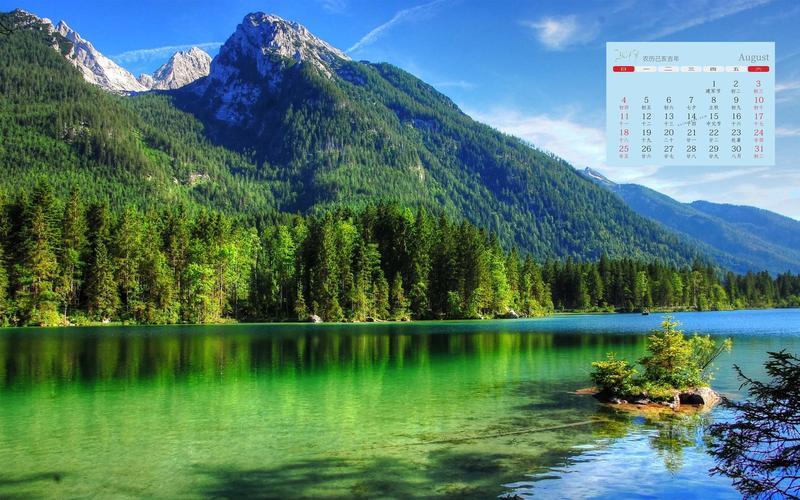Ceremonies and rituals play a significant role in our lives, whether we realize it or not. From weddings to graduation ceremonies, these events bring together a community to celebrate important milestones. Yet, they are more than just festivities. Ceremonies and rituals are packed with symbolism and meaning that serve to reinforce our values and provide a sense of purpose.
For example, weddings typically involve rituals such as exchanging rings and vows, lighting candles, and pouring sand into a shared container. These actions represent the couple’s commitment to each other, the merging of their lives, and the creation of a new family. They also serve to remind the couple and their guests of the sacredness and solemnity of marriage.
Similarly, graduation ceremonies involve rituals such as wearing caps and gowns, receiving diplomas, and throwing caps in the air. These actions represent the graduate’s accomplishment and transition into a new phase of their life. They also serve to symbolize the importance of education and the value of hard work.
Rituals can also be found in religious and spiritual practices. For example, the act of lighting candles or incense represents the offering of prayers and gratitude. The act of kneeling or bowing represents humility and submission to a higher power. These rituals serve to deepen one’s spirituality and connection to their beliefs.
Overall, ceremonies and rituals are more than just superficial events. They are imbued with symbolism and significance that serve to reinforce our values, celebrate our accomplishments, and connect us to our communities. By understanding the meaning and importance of these rituals, we can fully embrace their power and purpose.
(Note: Do you have knowledge or insights to share? Unlock new opportunities and expand your reach by joining our authors team. Click Registration to join us and share your expertise with our readers.)
Speech tips:
Please note that any statements involving politics will not be approved.
